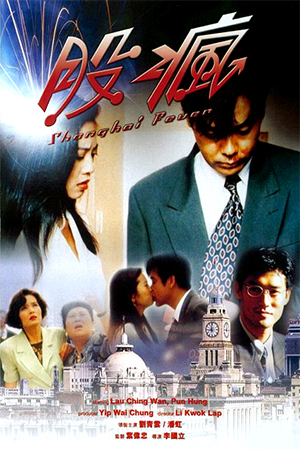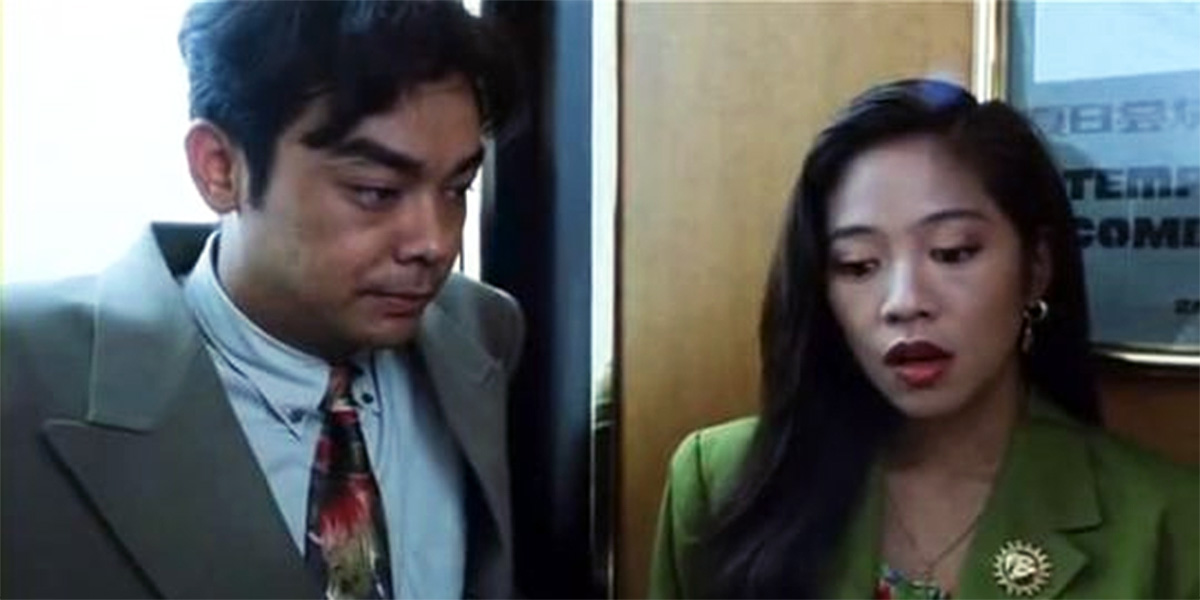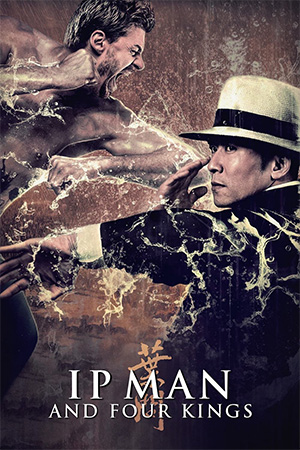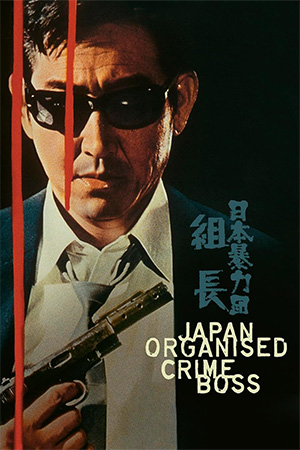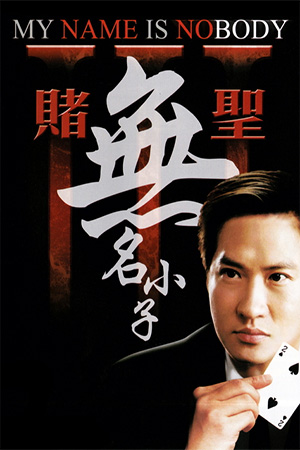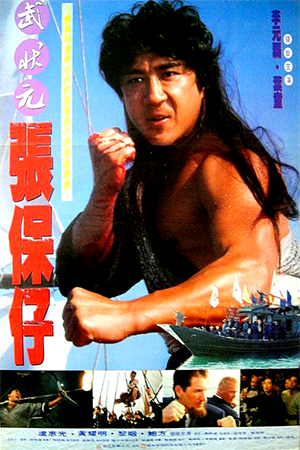On hearing of the economic boom hitting Shanghai, a prosperous commodities trader (Lau Ching-Wan) travels to the Mainland to dabble with the local stock market and make a sizeable profit. Aided by his cousin, the trader decides to use a local to act as his go-between on the frenetic floor of the Shanghai stock market and take away the considerable stress away from him. The first person to fit the description is bus conductor Lily (Pan Hong) who is content with her humble existence even though she is willing to take on the job. As the three work as a team, Lily discovers that making money in the lucrative commodities market is much easier than the day-to-day grind that she is subjected to. As the money rolls in and the benefits begin to turn her head, Lily is entrusted with the money of her greedy neighbours who are eager to capitalise on the money making venture. However, as Lily gets sucked into the excitement and begins to change her lifestyle to suit her new role, she finds that her husband is far from happy with the current situation. Eventually she is faced with a painful ultimatum: either she must give up her new occupation or she will lose her family.
‘Shanghai Fever’ is an interesting cross-cultural experience that mixes a pseudo-‘Wall Street’ parable with an undercurrent of satire. Shanghai is represented as a city of two extremes; there are obvious signs of prosperity mixed with the very meagre life that Lily is at first presented within. Such an intriguing city – one which isn’t immediately familiar to western viewers – gives the film a fresh quality that most Hong Kong productions lack, with the locations becoming one of the film’s highlights. Lau Ching-Wan’s condescending observance of Shanghai also creates a strong dynamic as the culture clash takes centre stage – perhaps one of the more entertaining parts of the film.
Despite its laudable aims, ‘Shanghai Fever’ suffers from its mixed messages and a confusion over what the film’s intention is. Is it a critique of communism or capitalism, or is it a parable about greed or ambition? The answer is muddled and verges on contradicting itself. Director Lee Gwok Man also tries to tie the end up a little too neatly; the final ten minutes present the cliffhanger moments with a far too unconvincing finale. Due to these reasons, ‘Shanghai Fever’ does drag at times and, even though it is a mostly diverting drama, it is a production that seems to have aged (even though it’s less than a decade old).
While Lau Ching-Wan features prominently in the film, the acting honours undoubtedly belong to Pan Hong. An accomplished mainland actress, Pan’s handling of her complex character is assured and she retains her dignity even when she begins to verge on the unsympathetic. Pan Hong always lifts Lily out of the occasional caricatures that begin to emerge within the film. Her excellent lead performance is one reason why ‘Shanghai Fever’ is a watchable three star film which, though it never becomes particularly memorable, is at least different from the norm.
- In Between Loves - March 21, 2025
- Crazy Nuts Of Kung Fu - March 10, 2025
- Mama’s Affair - February 20, 2025

